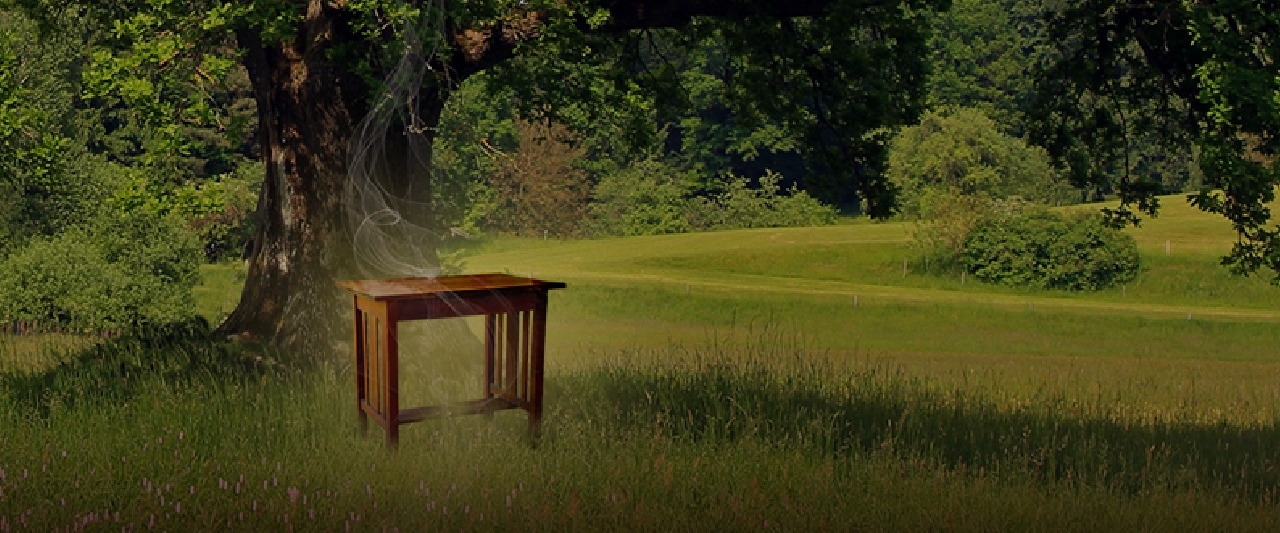I was awestruck when I read this 1915 article about my Great Grandmother Emily Hoppin (the inspiration for Eliza in “The Desk”) after she was elected President of the California Federation of Women’s Clubs.
“Mrs. Hoppin is an optimist . . . even in the face of the greatest war of all ages (WWI), she still hopes that work for peace, which she feels must be largely woman’s work, will not – cannot – be in vain. She anticipates that the condition we pray for, the prevalence of an effective sentiment for universal peace, may come about suddenly and unexpectedly, likening it to the movement for the abolition of slavery, which seemed a far, Eutopian vision in the minds of its supporters. Practically all they dared hope for was the restriction and limiting of the traffic – and then, of a sudden, Emancipation! – more glorious than their fondest dreams! And so she prays it may be with the peace sentiment.” (The Overland Monthly, 1915 – “The New Executive in Feminine Clubdom”)
Though I also consider myself an optimist, I get easily discouraged by what feels like a tsunami of greed and self-interest. I lose hope. Think of today’s big issues: gun control, the Afghanistan war, reproductive choices, the right to marry, genetically-modified foods, etc. (obviously reflects my liberal perspective). Sure, I sign internet petitions, donate to causes, make an occasional call to elected representatives, but I recognize a little voice that says, “I’ll do what I can, but it’s probably hopeless – too much money and corporate interest backing it.”
And then I read my Great-Grandmother’s words and come face to face with the paucity of my vision. Remember Ken Keyes’ book, The Hundredth Monkey? He wrote: “When only a limited number of people know of a new way, it may remain the conscious property of these people. But there is a point at which if only one more person tunes-in to a new awareness, a field is strengthened so that this awareness reaches almost everyone!”
I return to Great Grandma’s vision that “universal peace may come about suddenly and unexpectedly, likening it to the movement for the abolition of slavery, which seemed a far, Eutopian vision in the minds of its supporters. . . then, of a sudden, Emancipation! – more glorious than their fondest dreams!”
I realize now my work is to join with others to hold a strong, clear image of the world I want. A world where guns are registered like cars, and users are tested for skills and safety. Where any committed couple can marry. Where the earth has a sustainable population because women can control conception. Where we learn to live with less energy … and so on. I encourage you to think about the images you hold – and how they can add to the tipping point.
© All materials copyright Shirley DicKard, 2012 – 2013, except as otherwise noted.


What a wonderful post, Shirley! Your words really struck me, and I remember that at one time there were people that thought abolition was hopeless. That didn’t mean they stopped trying. Sometimes it can be so terribly depressing to see the lack of compassion that many people exhibit. Especially at this time when every issue is being argued from a religious or political standpoint instead of a moral one.
I have done the same thing you have and signed the petitions, written to representatives, etc. It does seem hopeless sometimes, especially when you look at the huge money-making corporations like Monsanto who can afford to buy their way out a tight spot. Or how couples wanting to affirm their loving relationships are not seen as people but as a lesson on biblical text.
This has reminded me that nothing is ever hopeless as long as there are people who still care. So I will be patient and bide my time, and I will still keep doing my best in any small way that I can. Let’s hope our awareness can reach others and strengthen the field.
Amanda Rose
How wonderful to hear the hope in your words, Amanda, despite the fear and oppression that takes center stage out there in the media. Were it not for those like you who keep the vision alive and do what can be done, nothing would change. We all have our styles. Some are marchers and fighters, others work in more subtle, but just as powerful ways to…as you said…strengthen the field. I feel the power in your words!